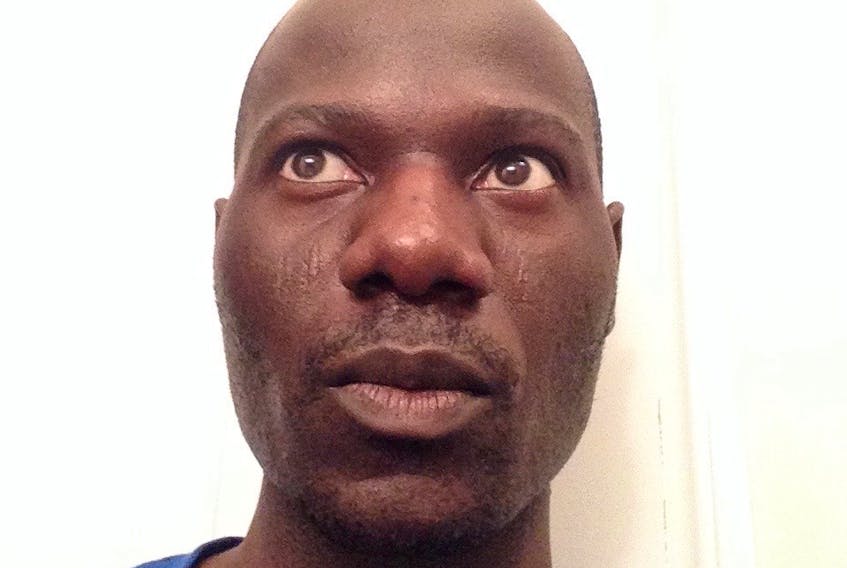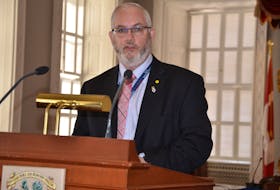(Editor's Note: The COVID-19 pandemic has shifted our focus away from many important issues. To keep some of those matters in the public eye, we reached out to thought leaders from across Atlantic Canada and asked them to write guest editorials around the theme: What’s one simple gesture or thing people could do to make the world a better place? This contribution highlights something brought into sharper focus over the past few months: anti-Black racism.)
SULAIMON GIWA
The horrific and casual killing in broad daylight of George Floyd, an unarmed African-American man, by a member of the Minneapolis Police Department on May 25, ignited a renewed urgency for a difficult but necessary conversation about anti-Black racism in Canada.
Floyd’s death galvanized local and national movements to end racism and police brutality against Black people.
We are witnessing a reckoning against centuries of systemic anti-Black racism and disenfranchisement of Black people. The multiracial crowds of activists and concerned citizens on Canadian streets believe a better world is possible. They are demanding sweeping reforms of public institutions and systems, including policing.
Anti-Black racism is fundamentally about the systemic devaluing of Black life. Black people have always understood and resisted this dominant cultural narrative, insisting it did not and does not define us. In fact, Black people and cultures are defined by a legacy of excellence. This reality conflicts with white supremacist ideas of Black people as inferior and less-than-human.
Floyd’s death brought these points into sharp focus for many white people, especially in Atlantic Canada, where the population is predominantly white. It is a reality that most white people are beginning to wake up, as they expand social circles to include groups different from them, and come to terms with how what they have been taught to believe about Black people is wrong.
Added to the mix is the colliding reality of COVID-19 — the felt or experienced physical and financial vulnerability from the disease may have helped sensitize white people to the plight of Black people, as some of the distractions that allowed Black oppression to be ignored have been reduced. The heightened social consciousness about anti-Black racism implies that, in a racist society, it is no longer sufficient for white people to be nonracist; they must actively practice being antiracist.
Have the will and courage for transformation
The antidote to anti-Black racism is not representational diversity or multiculturalism but the political will and moral courage to implement structural reform. A few Black people in positions of influence or power is not a substitute for the hard work required to upend an oppressive system built on the ideology of Black subordination and white supremacy.
What’s missing is a framework or strategy for addressing structural racism and the specific challenges faced by Black people, with measurable targets, actionable goals and resources required to effect necessary actions.
Such a strategy must explicitly name anti-Black racism and adopt an intersectional approach from which to consider how social identities can shape the specific way that Black people each experience anti-Black racism.
The establishment of an advisory group, to engage affected communities, the general public and those at the top level of governance, could help to target reforms in key areas of social life where systemic anti-Black racism have had the most impact on society.
Intentional conversations rooted in a strong process of listening, learning and acting to combat anti-Black racism can support needed transformation.
Dr. Sulaimon Giwa is an assistant professor in the school of social work with a cross appointment to the department of sociology at Memorial University, St. John’s. He is also the endowed chair in criminology and criminal justice at St. Thomas University, Fredericton. His applied research program and professional activities centralize critical race transformative pedagogies and theories as frameworks and analytic tools for social justice and equity. His research publications have appeared in leading academic journals.









